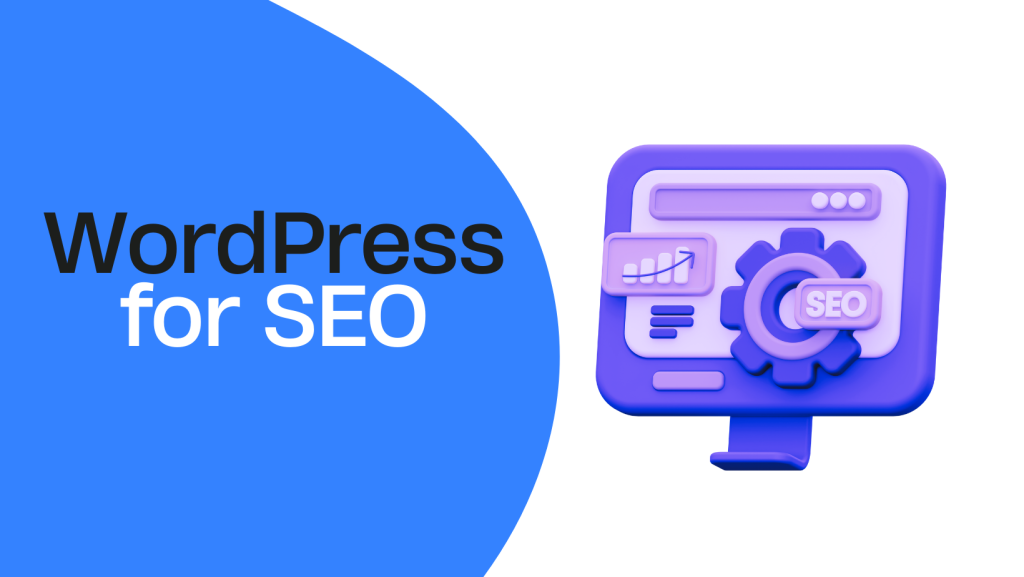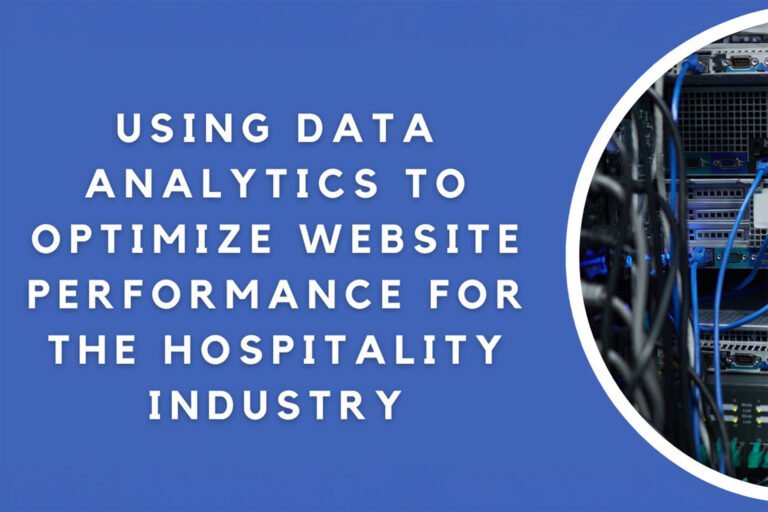WordPress for SEO can help you increase the exposure of your website and boost organic traffic. Search Engine Optimization (SEO) is crucial in achieving these goals. By optimizing your website for search engines with WordPress for SEO, you can improve its rankings, increase its online presence, and attract a larger audience.
WordPress, one of the most popular content management systems (CMS), offers many features and plugins specifically designed to boost your site’s SEO performance. In this article, we will explore how WordPress can help optimize your website for search engines, enabling you to harness the full potential of SEO.
Understanding the Power of WordPress
WordPress has emerged as a dominant force in web development, powering millions of websites across various industries. It is the best option for both individuals and companies due to its user-friendly interface, flexibility, and wide range of plugin ecosystems.
WordPress has revolutionized the digital landscape by offering an unparalleled website creation and management platform, making it an ideal choice for businesses seeking exceptional web development services that drive results. Regarding SEO, WordPress offers several advantages that can significantly impact your website’s visibility and search rankings.
Choosing an SEO-Friendly WordPress Theme
Selecting the right theme for your WordPress website is crucial for SEO success. A well-coded, responsive, and lightweight theme can improve your site’s loading speed, user experience, and overall search engine rankings. Look for optimized themes for SEO and follow best practices such as clean code, proper HTML structure, and mobile responsiveness.
Optimizing Permalinks for Search Engines
Permalinks are the permanent URLs that point to your pages and posts. By default, WordPress generates permalinks that include question marks and numbers, which are not SEO-friendly. To optimize your permalinks, go to the WordPress dashboard and navigate to “Settings” > “Permalinks.” Choose a structure incorporating your post or page title, making it more descriptive and search engine-friendly.
Utilizing SEO Plugins for WordPress
WordPress offers a plethora of SEO plugins that simplify the process of optimizing your website. Among the most popular ones are Yoast SEO and All in One SEO Pack. These plugins provide comprehensive tools to optimize your content, meta tags, sitemaps, and more. They offer insights, recommendations, and analysis to ensure your website meets the best SEO practices.
Crafting Engaging and SEO-Optimized Content
Any successful SEO strategy is built on content. WordPress provides a user-friendly editor with built-in features to create compelling, SEO-optimized content. Ensure your content includes relevant keywords, incorporates heading tags (H1, H2, etc.), utilizes internal and external links, and features engaging meta descriptions. WordPress plugins like Yoast SEO can guide you in optimizing your content for maximum impact.
Optimizing Website Speed and Performance
The user experience and SEO of a website are both highly dependent on website speed. Websites that take too long to load may have higher bounce rates and lower search engine rankings. Fortunately, WordPress offers various techniques and plugins to improve your website’s speed and performance. These include caching plugins, image optimization tools, minimizing CSS and JavaScript files, and leveraging content delivery networks (CDNs).
Implementing Responsive Design for Mobile Devices
In today’s mobile-driven world, having a mobile-friendly website is imperative for SEO success. WordPress makes it simple to build responsive designs that work on a variety of screens and devices. Ensure your chosen theme is mobile-friendly, test your website’s responsiveness across various devices, and optimize your content for mobile users.
Optimizing Images for Better Search Rankings
Images are essential for improving your website’s aesthetic appeal. However, large, unoptimized images can slow your site’s loading speed. WordPress offers plugins like Smush and EWWW Image Optimizer that automatically compress and optimize images without compromising quality. Additionally, adding descriptive alt tags and captions to your images can improve their discoverability in search engine image results.
Creating XML Sitemaps for Search Engines
XML sitemaps act as roadmaps for search engines, helping them navigate and index your website more effectively. With WordPress, you can easily generate XML sitemaps using plugins like Yoast SEO or Google XML Sitemaps. These plugins automatically update and notify search engines whenever you publish new content or change your site’s structure.
Enhancing User Experience with WordPress
User experience (UX) is a critical component of SEO. WordPress offers numerous plugins and features that enhance the overall user experience of your website. From clean and intuitive navigation menus to fast-loading pages and mobile responsiveness, WordPress enables you to create an engaging and user-friendly website that search engines value.
Conclusion
WordPress provides a powerful platform for optimizing your website for search engines. By implementing the strategies and techniques mentioned above, you can harness the full potential of SEO and improve your website’s visibility, organic traffic, and search engine rankings.
Remember to choose an SEO-friendly theme, leverage plugins, optimize your content and images, improve website speed, and prioritize user experience. With WordPress as your ally, you can unlock the true potential of SEO and propel your website to new heights.
FAQs
1. How do I install SEO plugins on my WordPress website?
Installing SEO plugins on your WordPress website is simple. First, log in to your WordPress dashboard and navigate to the “Plugins” section. Click on “Add New” and search for the desired SEO plugin, such as “Yoast SEO” or “All in One SEO Pack.” Install and activate the plugin, and you’re ready to optimize your website for search engines.
2. Can I optimize my existing WordPress website for SEO?
Absolutely! You can optimize your existing WordPress website for SEO by following the best practices outlined in this article. Start by choosing an SEO-friendly theme, optimizing your permalinks, installing SEO plugins, and enhancing your content and website performance. You can improve your site’s SEO performance over time with consistent effort and the right techniques.
3. Are there any free SEO plugins available for WordPress?
Yes, there are some free SEO plugins for WordPress. Popular options include Yoast SEO, All in One SEO Pack, Rank Math, and SEO Framework. These plugins offer a range of features and tools to optimize your website for search engines without requiring a financial investment.
4. How often should I update my XML sitemap in WordPress?
It is recommended to update your XML sitemap in WordPress whenever you publish new content, change your site’s structure, or add/remove pages. Many SEO plugins, such as Yoast SEO and Google XML Sitemaps, can automatically update your sitemap whenever you change your website.
5. Can I use WordPress for e-commerce websites and optimize them for SEO?
Yes, WordPress is an excellent choice for e-commerce websites, and you can optimize them for SEO. With the help of plugins like WooCommerce, you can create and manage an online store within your WordPress website. By implementing SEO best practices, such as optimizing product descriptions, using relevant keywords, and improving site speed, you can enhance the SEO performance of your e-commerce website.




